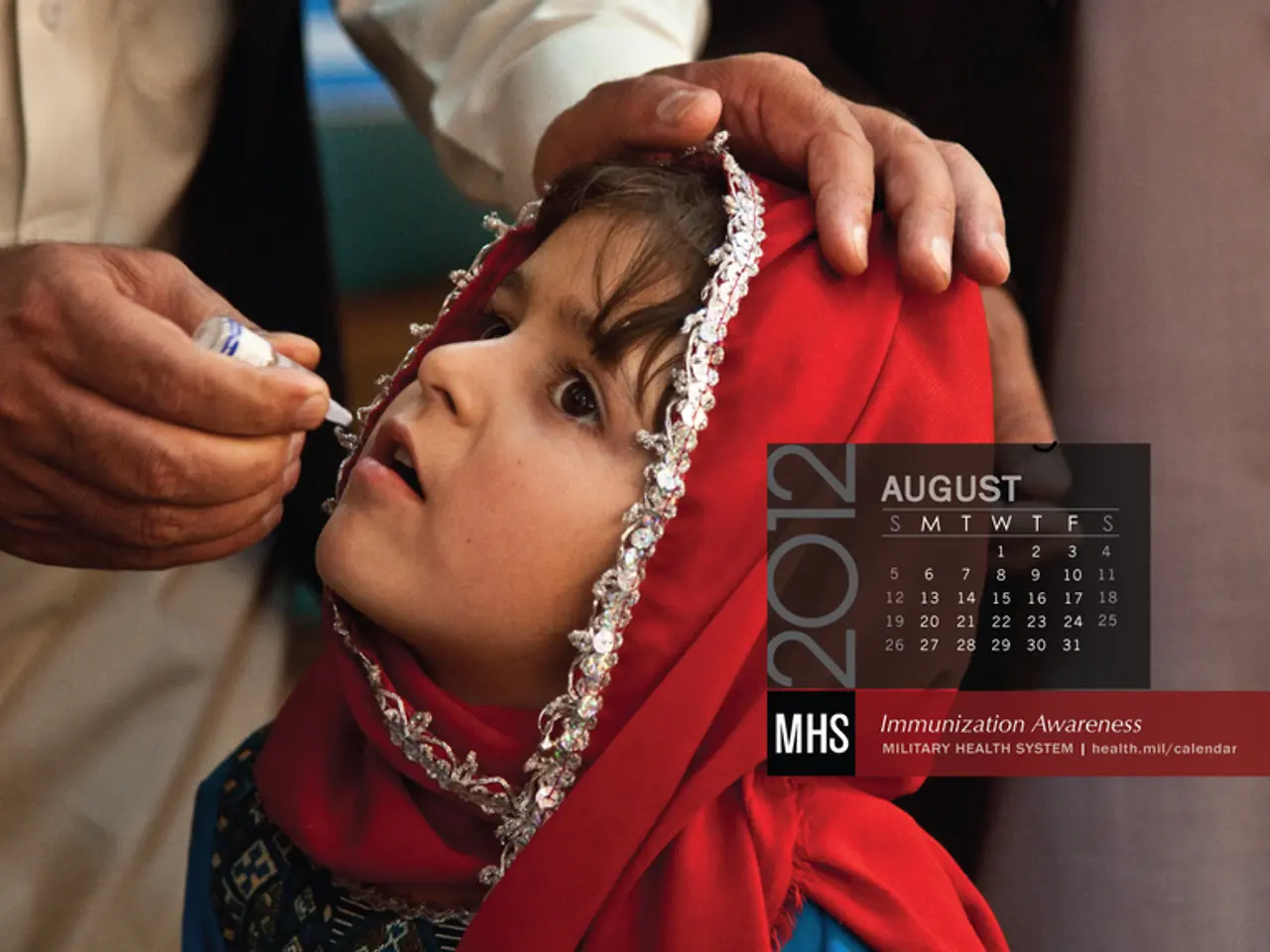Avoided Making COVID-19 Vaccine a Prescription-Only Requirement by the CDC
In a recent development, the Advisory Committee on Immunization Practices (ACIP) has undergone a significant change, with Robert F. Kennedy Jr. dismissing the 17-member committee and restructuring it into a 12-member panel. Notable appointees include Dr. Kirk Milhoan, a pediatric cardiologist, Dr. Catherine Stein, an epidemiologist, both known for their critical views on mRNA vaccines, as well as vaccinologist Dr. Robert W. Malone and pediatric expert Dr. Cody Meissner. Dr. Meissner is the only member who served under presidents George W. Bush and Barack Obama.
The new ACIP committee has been making waves, particularly with its discussions and decisions regarding the hepatitis B vaccine. Vicky Pebsworth, a nurse and committee member, has been vocal in her criticism of the Centers for Disease Control and Prevention (CDC), accusing them of glossing over side effects of the hepatitis B vaccine. She questioned whether irritability and fussing in babies after the shot could be early symptoms of neurological problems.
Hepatitis B, a serious liver infection, has been nearly eliminated since the vaccine was introduced in 1991. The American Academy of Pediatrics continues to recommend that infants receive their first hepatitis B shot at birth. However, concerns about the vaccine's safety for very young infants have been raised within the committee.
Dr. Joseph Hibbeln, a committee member, expressed his concern that the discussion was turning into speculation without concrete data. Dr. Sean O'Leary, chair of American Academy of Pediatrics' Committee on Infectious Diseases, shared similar sentiments, stating that the committee's decisions were causing confusion.
In a testament to the vaccine's effectiveness, it is estimated that 25% of infants who develop chronic hepatitis B will die from complications such as liver cancer and cirrhosis. Infants infected in the first year of life have a 90% chance of developing chronic hepatitis B. Side effects from the hepatitis B vaccine are extremely rare and tend to be mild, according to CDC scientists.
The committee's recommendations determine what vaccines are covered by the CDC's Vaccines for Children Program, which pays to immunize nearly half of the nation's children. The committee recently voted unanimously to weaken its existing recommendations on COVID-19 shots, opting for a process of "shared clinical decision making."
Meanwhile, the committee postponed a vote on hepatitis B vaccination indefinitely. This decision came after Retsef Levi, a professor with no biomedical or clinical degree, led the COVID-19 discussion and stated that mRNA vaccines are deadly. Dr. Jake Scott, an infectious disease specialist, expressed concern about the committee legitimizing theories based on misrepresented findings.
America's Health Insurance Plans, an association of major U.S. insurers, announced that its members will continue to cover all vaccines recommended by the CDC. Susan Monarez, the former CDC Director, told a Senate committee that she was fired in part because she refused to sign off on changes to the vaccine schedule without seeing scientific evidence.
These developments highlight the ongoing debate and scrutiny surrounding vaccination policies and the role of committees like ACIP in shaping these policies. As the discussions continue, it is crucial to maintain a focus on fact-based decision-making and the safety and efficacy of vaccines for all individuals, particularly infants and young children.
Read also:
- Is it advisable to utilize your personal health insurance in a publicly-funded medical facility?
- Dietary strategies for IBS elimination: Aims and execution methods
- Benefits, suitable dosage, and safety considerations for utilizing pumpkin seed oil in treating an overactive bladder
- Harmful Medical Remedies: A Misguided Approach to Healing




